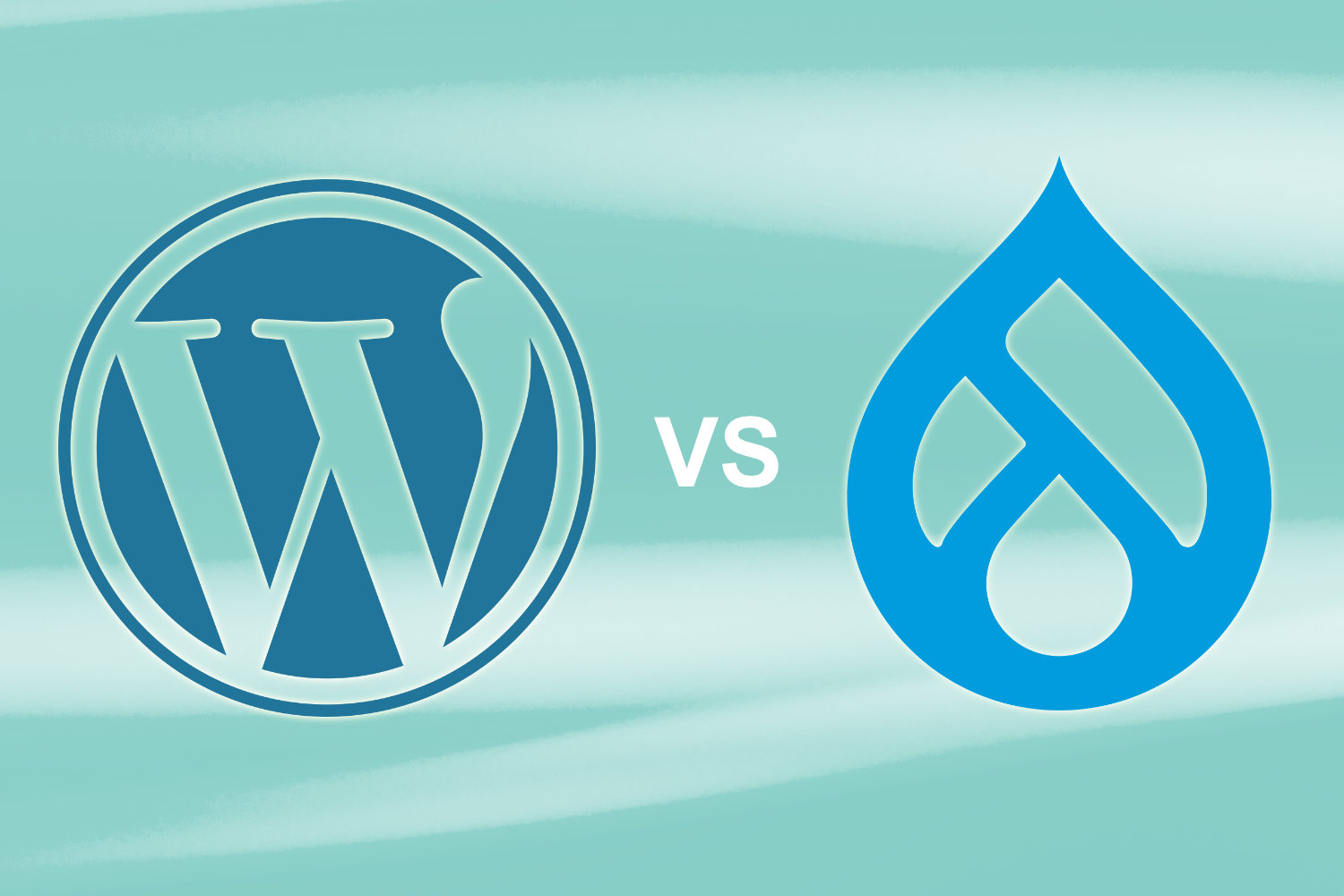WordPress vs Drupal
When it comes to choosing a content management system (CMS) for your website, two of the most popular options are WordPress (WordPress.org) and Drupal (Drupal.org). While both platforms offer robust features and customization options, they have their own strengths and weaknesses. In this article, we’ll compare WordPress vs. Drupal and help you decide which one is right for your website.
WordPress
WordPress is the most popular CMS in the world, powering more than 40% of all websites on the internet. It is an open-source platform, which means it is free to use, and users can modify the code to suit their needs. WordPress is known for its ease of use and user-friendly interface, making it a popular choice for beginners and experienced users alike.
Strengths:
- User-friendly interface: WordPress has a simple and intuitive interface, making it easy for users of all skill levels to create and manage a website.
- Large community: WordPress has a huge community of users and developers, which means there are plenty of resources and support available.
- Wide range of plugins and themes: WordPress has an extensive library of plugins and themes, allowing users to customize their websites to their liking.
- Ideal for blogging and small to medium-sized websites.
Requirements:
- WordPress can be installed on any web hosting platform that supports PHP and MySQL.
- Regular updates are required to maintain security and performance.
Ideal Use Cases:
- Blogging and content-based websites
- Small to medium-sized businesses
- E-commerce websites
- Portfolio and personal websites
When Not to Use:
- Large, complex websites that require advanced customization or complex functionality.
- Websites with high traffic and performance requirements.
Drupal
Drupal is another open-source CMS that offers a high degree of customization and flexibility. It is known for its scalability and robustness, making it a popular choice for large and complex websites. However, Drupal has a steeper learning curve than WordPress, and it may not be as user-friendly for beginners.
Strengths:
- Highly customizable: Drupal offers a high degree of customization, making it ideal for complex websites and applications.
- Scalable: Drupal can handle large amounts of content and traffic, making it an ideal choice for enterprise-level websites.
- Secure: Drupal is known for its robust security features, making it a popular choice for websites that handle sensitive information.
Requirements:
- Drupal requires a web hosting platform that supports PHP and MySQL.
- Requires more technical expertise than WordPress.
- Regular updates are required to maintain security and performance.
Ideal Use Cases:
- Large and complex websites
- Enterprise-level websites
- Government and educational institutions
- Membership websites
When Not to Use:
- Small websites or websites with limited functionality.
- Websites with a limited budget or resources for development and maintenance.
- Users with limited technical expertise.
Conclusion
Both WordPress and Drupal are powerful CMS platforms that offer a wide range of features and customization options. WordPress is known for its ease of use and user-friendly interface, making it an ideal choice for beginners and small to medium-sized websites. Drupal, on the other hand, offers a higher degree of customization and scalability, making it an ideal choice for complex and enterprise-level websites. When choosing between WordPress vs. Drupal, consider your website’s needs, budget, and technical expertise to determine which platform is right for you.




Latest Blog Posts